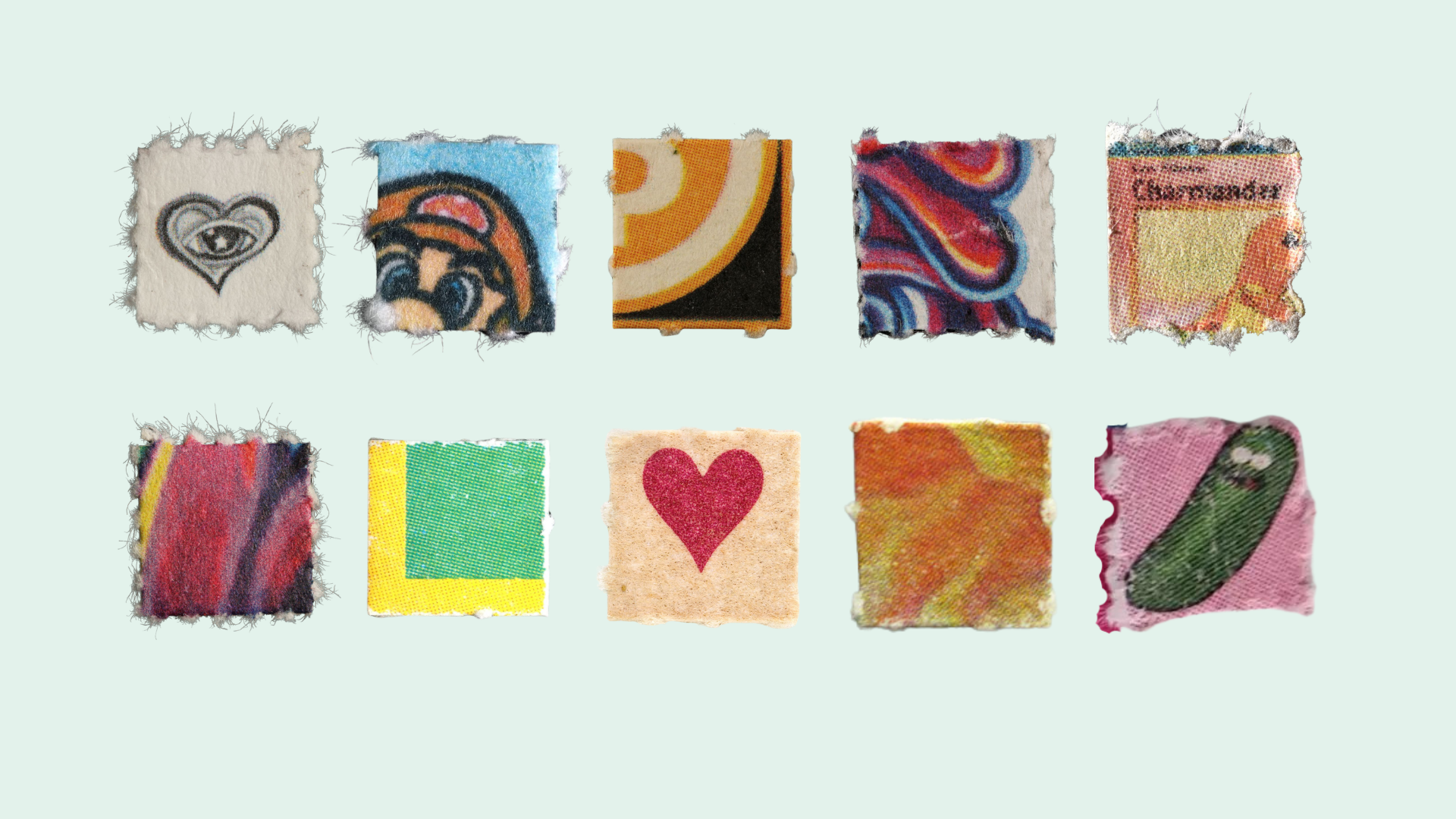What Is LSD?
LSD, or lysergic acid diethylamide, is a powerful synthetic hallucinogen derived from the ergot fungus. First synthesized in 1938, LSD gained widespread popularity in the 1960s as a recreational drug, often associated with the counterculture movement. Today, it remains a Schedule I controlled substance, meaning it has no accepted medical use and a high potential for abuse.
LSD is typically consumed orally, often in the form of small squares of paper soaked in the drug, known as “blotters” or “tabs.” The effects of LSD can be unpredictable and can include:
- Intense visual hallucinations and distortions of reality
- Altered perceptions of time, sound, and touch
- Synesthesia (the blending of senses, such as “hearing” colors)
- Feelings of euphoria, enlightenment, or a profound connection to the universe
- Anxiety, panic, and a sense of losing control of one’s identity
The duration of an LSD “trip” can last up to 12 hours, with the peak effects typically occurring within the first few hours after ingestion.
What Are the Side Effects of LSD?
While the subjective experiences of an LSD trip can be profound and even transformative for some users, the drug also carries significant risks and potential side effects, both in the short and long term. These can include the following:
Short-Term Effects:
- Increased heart rate, blood pressure, and body temperature
- Dilated pupils
- Nausea and vomiting
- Tremors and lack of coordination
- Dry mouth
- Insomnia
- Extreme mood swings, from euphoria to panic and terror
Long-Term Effects:
- Persistent psychosis, including hallucinations, delusions, and paranoia
- Hallucinogen persisting perception disorder (HPPD), also known as “flashbacks”
- Anxiety, depression, and other mental health issues
- Impaired cognitive and neurological functioning
Perhaps the most concerning potential consequence of LSD use is the risk of a “bad trip,” where the user experiences intense fear, panic, and a sense of losing control or one’s grip on reality. These episodes can lead to dangerous and even life-threatening behaviors, such as self-harm, suicide attempts, or violent outbursts.
What Is LSD Addiction?
While LSD is not considered physically addictive in the same way as drugs like opioids or alcohol, it can still lead to psychological dependence and compulsive patterns of use. The term “hallucinogen use disorder” is often used to describe this phenomenon, where an individual continues to use LSD despite the negative consequences it has on their life.
Some of the key signs that someone may be struggling with LSD addiction or abuse include:
- Taking larger doses of LSD than initially intended
- Spending significant time and resources obtaining and using the drug
- Experiencing cravings or an intense desire to use LSD
- Neglecting important responsibilities or activities in favor of using the drug
- Continuing to use LSD despite the negative impact on physical, mental, or social wellbeing
What Is Comprehensive LSD Addiction Treatment?
Addressing LSD addiction or abuse requires a multifaceted approach that addresses the underlying psychological, behavioral, and environmental factors contributing to the individual’s substance use. Comprehensive LSD addiction treatment typically involves a combination of the following evidence-based interventions.
Inpatient Rehabilitation
Inpatient treatment allows clients to focus solely on their recovery in a safe, controlled environment. Inpatient treatment often includes
- Medical detoxification to manage withdrawal symptoms or co-occurring mental health issues
- Individual and group therapy, such as cognitive behavioral therapy (CBT) and contingency management
- Holistic therapies like meditation, art, or music therapy
- Aftercare planning and support for the transition back to independent living
Outpatient Treatment
For those with less severe or more manageable LSD use, outpatient treatment programs can be a practical option. These programs offer
- Individual counseling sessions often focused on CBT or motivational interviewing
- Group therapy and support groups
- Medication management to address co-occurring mental health conditions
- Ongoing case management and monitoring to support long-term recovery
Medication-Assisted Treatment (MAT)
While there are no medications specifically approved for the treatment of LSD addiction, certain medications may be used to address underlying mental health conditions or withdrawal symptoms. These can include
- Antidepressants or anti-anxiety medications
- Anticonvulsants to alleviate the symptoms of HPPD
- Sleep aids
Medication use should always be supervised by a licensed medical professional and tailored to the individual’s needs.
Holistic and Complementary Therapies
In addition to traditional clinical interventions, many LSD addiction treatment programs incorporate holistic and complementary therapies, such as
- Mindfulness and meditation practices
- Art, music, or equine therapy
- Nutritional counseling and wellness programs
- Exercise and outdoor recreation
These complementary approaches can enhance the efficacy of traditional treatment methods and promote long-term, sustainable sobriety by addressing the physical, emotional, and spiritual aspects of recovery.
Navigating the Road to Recovery
Overcoming LSD addiction is a significant challenge, but with the proper support and a commitment to the recovery process, it is possible to reclaim one’s life and achieve lasting sobriety. By seeking professional help, engaging in comprehensive treatment, and surrounding oneself with a network of supportive individuals, those struggling with LSD addiction can find the path to a healthier, more fulfilling future.

